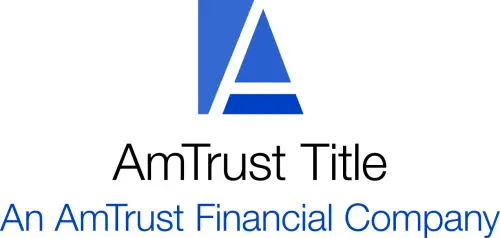
Latest Articles
Dive into our collection of informative articles
Featured Articles
The Unsung Heroes of Real Estate: Escrow Officers and Closers
By Dawn Campos, AmTrust Title Group
The wider real estate industry often has narrow and specific ideas about the role of an Escrow Officer/Closer. In my decades in the industry, I’ve found that perceptions range from “the person who closes the real estate transaction” to “the all-things-title person,” with little understanding of the full scope of responsibilities involved.
The title industry should be promoted more among young people as a viable career option. With training, experience, and hard work, it can be a fulfilling career that offers a good lifestyle. But what does this role entail? How does one get started, and why is there so much paperwork?
In today’s industry, the Escrow Officer/Closer is truly a unicorn. The ideal candidate must be detail-oriented, a multitasker, organized, task-oriented, good with people, knowledgeable about title, available at all times, able to attend and even host events, and have a book of business. Traditionally, these skill sets are not found in one person. Most detail-oriented and task-oriented individuals are not typically event/marketer types. This presents a challenge for most Escrow Officers/Closers, who must balance all these roles within an 8-5 job.
The role involves much more than just closing the transaction. Here’s a simplified view of what an Escrow Officer, either alone or with assistants, does for a single transaction:
- Promotion and Networking: Promote themselves with agents, attend open houses and brokerage events, stay active on social media, and participate in networking events to connect with agents.
- Initial Setup: Once an agent is interested, they may put the Escrow Officer’s name/company on a listing. The Escrow Officer answers questions, creates net sheets, and sometimes pulls title for the property.
- Title File Management: Upon receiving the contract, they open the title file, set up contract particulars in their system, order title work, tax certificates, and send welcome letters and instructions to all parties involved.
- Document Management: They handle HOA documents, surveys, home warranties, and review title commitments to address any issues with vesting/ownership, liens, divorces, deaths, and other concerns.
- Lender Coordination: Fulfill lender requirements, including making sure the lender is an insured party on the commitment, sending customized closing protection letters, and providing necessary documents.
- Client Communication: Answer emails and calls from clients about other closings, previous documents, and attend events to retain clients.
- Closing Preparation: Ensure all title items are cured, set up signing appointments, and input lender fees into the Closing Disclosure (CD).
- Closing Day: Maneuver through appointments, monitor and collect signed documents, and await funding approval. Address any tweaks requested by the lender.
- Post-Closing Work: Balance the file, post and receive funds, cut checks, send wires, and start the policy process. Handle client inquiries about proceeds, commissions, and other concerns.
Escrow Officers and their assistants are always being pulled in many different directions. Some title agencies do a great job of compartmentalizing these functions, but smaller operations handle everything from start to finish. Their underwriter provides procedural and legal guidance, but sometimes the Escrow Officer must make the final decision, all while juggling multiple tasks.
If you didn’t already know, your Escrow Officer is a bit of a hero. If you haven’t done so lately, tell them that! Appreciate them—they are the backbone of the real estate transaction process.
Article Previews
Visual highlights of our latest articles



Contribute to Our Articles
If you’re an expert in the field and would like to contribute, please reach out to us.
